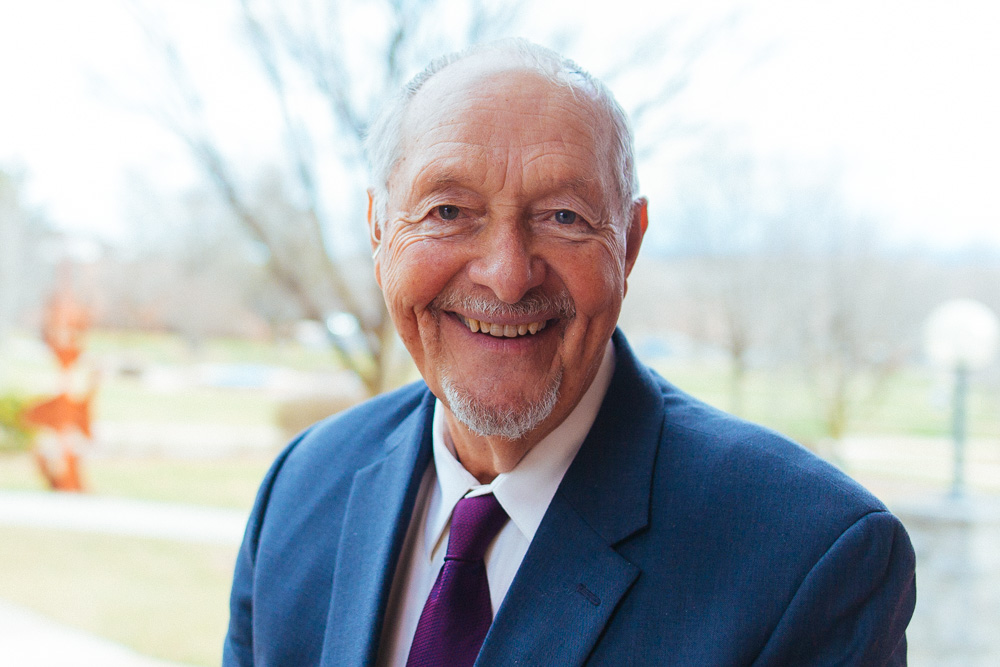Attacks, arrests, threats and the murders of his friends could not deter Bob Zellner, a white Southerner, from fighting for racial equality in the civil rights movement. The lifelong activist visits Eastern Mennonite University Wednesday, Feb. 8.
A public lecture at 7 p.m. in the seminary’s Martin Chapel centers on Zellner’s memoir, The Wrong Side of Murder Creek: A White Southerner in the Freedom Movement (NewSouth, Inc., 2008, ). The book is a 2009 winner of the Lillian Smith Book Award, for writing about the American South which illuminates racial and social inequality and proposes a means of justice and human understanding.
The memoir begins with Zellner’s childhood, part of which was spent on the “wrong,” or poor side, of Murder Creek in East Brewton, Alabama. His preacher father left the Ku Klux Klan as an adult. “When Dad finally broke with his Klan brothers in the mid-1940s,” writes Zellner, “Mom happily cut up his Klan robes and made white shirts for us to wear to Sunday school.”
Zellner got involved in the civil rights movement while a student at Huntingdon College (Montgomery, Ala.), and became the first white field secretary of the Student Nonviolent Coordinating Committee when he graduated in 1961.
“The Wrong Side of Murder Creek is a travelogue of civil rights hot-spots that Zellner frequented,” writes civil rights legend Julian Bond in the forward. “It took a special brand of commitment and courage to do this work, and Bob never lacked for either.”
Some of Zellner’s recent activism has been as an organizer in the North Carolina Forward Together Movement, a group led by the National Association for the Advancement of Colored People. In 2014, Forward Together joined with Belhaven, North Carolina, mayor Adam O’Neal to request the reopening of a rural hospital. Residents were dying unnecessarily while waiting for transportation to the next nearest hospital 30 miles away.
Zellner and other activists marched almost 300 miles from Belhaven to Washington D.C. to raise awareness. He assisted another march to Raleigh in 2015, and has since partnered with O’Neal to provide nonviolence workshops to aspiring activists.
Zellner will also speak in chapel at 10 a.m. in Lehman Auditorium, followed by a talkback session in the Campus Center Greeting Hall. He’ll also share in two meals with campus community members and meet with students in an evening event.
